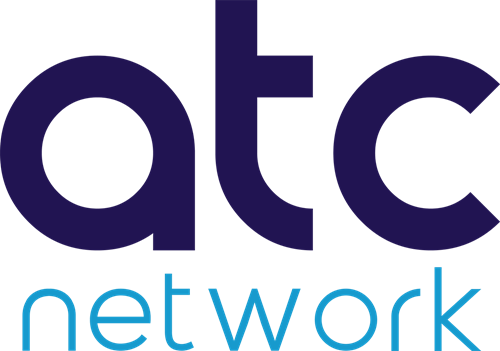by David Perks, IFATCA.
David Perks is an Area Supervisor for Airservices Australia at their Brisbane facility.
He also Chairs IFATCA’s Legal and Professional Committee and is their nominee on the ICAO Separation and Airspace Safety Panel (SASP).
The COVID-19 pandemic has created enormous challenges for the aviation industry and air traffic control is no exception. Even the most optimistic outlook has air navigation service providers
(ANSPs) operating with significantly reduced revenue for at least the medium term. Of the multitude of issues this raises, ensuring ANSPs have sufficient air traffic controllers (ATCs) to meet the demand of a travel hungry world when normality is restored will be essential for a smooth recovery.
That ANSPs would seek to control expenditure by reducing (or in some cases to completely stop) training ATCs may seem a reasonable short-term solution. However, before the pandemic struck, anecdotal evidence from IFATCA member associations was that ANSPs were already experiencing challenges securing enough ATCs. Furthermore, and regardless of the pandemic, ATCs will continue to retire. Indeed, offers of early retirement, another legitimate short-term cost saving measure, may induce more controllers to consider hanging up their headset.
The time it takes to recruit and train an ab-initio air traffic controller is a challenge ANSPs are familiar with. It takes careful planning to ensure there are sufficient controllers to meet
future demand. This is why prudent ANSPs continue to train controllers through the pandemic even though there may not be an immediate demand for them. In the current environment,
however, this does present unique challenges.
Read the full article Training & Simulation special bulletin 2020 pages 16-17






.jpg)
.png)



